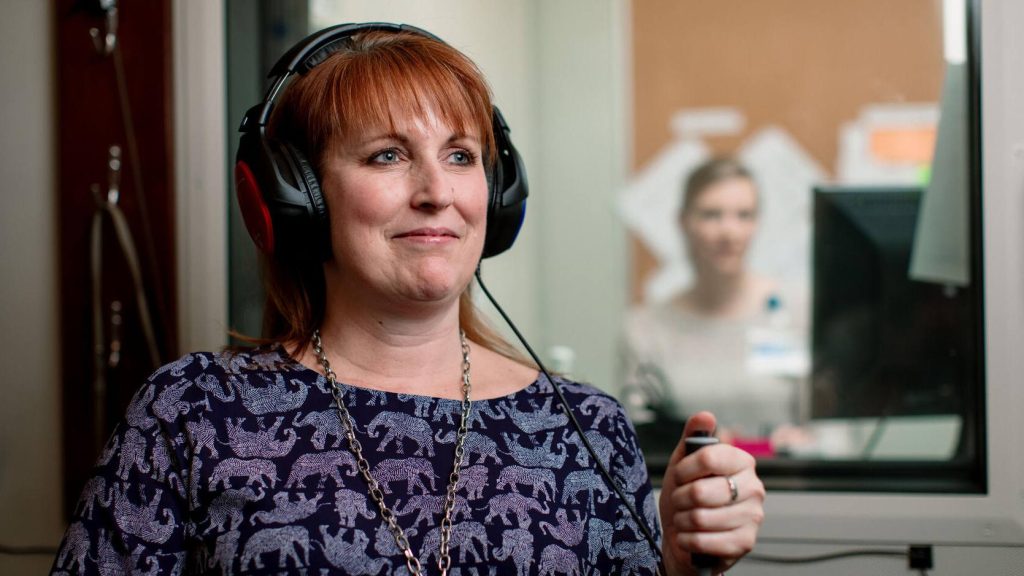-
Is tinnitus making you miserable?

Tinnitus is a frequently reported symptom for audiology patients. It's commonly referred to as ringing in the ears, but it can be different sounds like buzzing, roaring, clicking, hissing or humming.
Tinnitus is the sensation or perception of sounds that other people can't hear, and it doesn't have an external source. It lasts longer than five minutes and occurs more than once per week.
According to the National Institute on Deafness and Other Communication Disorders, about 10%, or about 25 million, U.S. adults, have experienced tinnitus lasting at least five minutes in the past year.
Tinnitus causes
Usually, tinnitus is caused by an underlying condition. This could be age-related hearing loss, an ear injury, ear infection, ear canal blockage, medications or a problem with the circulatory system. Most of the time, tinnitus will improve when the underlying condition is addressed or with treatments that reduce the perception of the noise.
For some people, tinnitus can be exceedingly bothersome and may even cause negative effects on their quality of life. Some say it makes their lives miserable. It can disrupt their sleep and cause communication issues, anxiety, irritability, concentration difficulties or depression. In extreme cases, some people with tinnitus have had suicidal thoughts or actions.
Treating tinnitus
Most people with tinnitus aren't severely affected; yet, discussing it with your health care team is important. They can focus on improving quality of life thanks to advancements in treatments and management strategies.
Unfortunately, tinnitus can't be cured for some people. In these situations, management strategies can make symptoms less noticeable. Researchers and clinicians continually seek new and practical strategies to help patients manage their symptoms.
Not all strategies are appropriate for all patients, so patients and audiologists work together to create an individualized intervention plan, which could include:
- Hearing aids
- Earwax removal
- Treating a circulatory condition
- Masking devices or white noise machines
- Relaxation therapies
- Medication adjustments
- Diet and lifestyle adjustments
In addition, intensive behavioral therapies can help decrease a person's perception of tinnitus. These can help people learn coping techniques to make tinnitus symptoms less bothersome and help with other problems linked to tinnitus, such as anxiety and depression.
Talk with your primary care provider or an audiologist if tinnitus interferes with your daily life or if you’re experiencing dizziness or hearing loss.
Trista Williams is an audiologist in La Crosse, Wisconsin.
This article originally appeared on the Mayo Clinic Health System blog.







